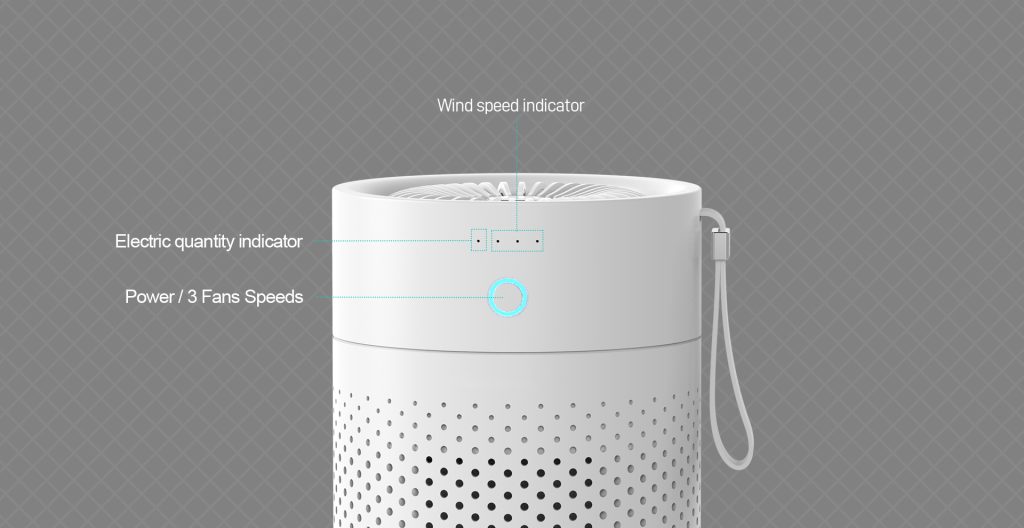Do air purifiers consume a lot of electricity? This is an important consideration for many people when purchasing an air purifier. In this article, we will explore the energy consumption of air purifiers and present you with some energy-saving usage suggestions.
First, let’s understand the energy consumption of air purifiers. The energy consumption of an air purifier mainly depends on the technology and functions it uses. Common air purifier technologies include HEPA filters, activated carbon adsorbents, ion generators, etc. Generally speaking, HEPA filters and activated carbon adsorbents have relatively low energy consumption, while ionizers have higher energy consumption.
For an average household air purifier, its energy consumption is usually between 10 and 50 watts. Compared with other home appliances, the energy consumption of air purifiers is relatively low. Even if it runs for a long time, its energy consumption will not cause a significant burden on household electricity.
However, to further reduce the energy consumption of your air purifier, here are some suggestions:
Choose the right model: When purchasing an air purifier, choose an appropriate model that meets your needs and don’t over-purchase a product with redundant functions. Smaller spaces can opt for a lower-powered air purifier, while larger spaces will require higher-powered products. If you don’t know which product to choose that has low energy consumption and is safe to use, you might as well try leking. As a professional air purifier manufacturer, leking can provide you with high-quality products and perfect services!
Timer on and off: Many air purifiers are equipped with a timer on and off function. According to your own needs, set a reasonable time so that the air purifier can work when needed to avoid unnecessary energy consumption.
Regular cleaning and maintenance: The air purifier filter needs to be cleaned or replaced regularly to maintain its working efficiency. Dirty filters will increase the resistance of the air purifier, resulting in increased energy consumption during operation.
Pay attention to indoor air circulation: Proper use of the ventilation system in the room can increase indoor air circulation and reduce the use time and energy consumption of the air purifier.
Buy products with high energy efficiency labels: When purchasing an air purifier, you can refer to the energy efficiency labels and choose products with lower energy consumption. The higher the energy efficiency label, the lower the energy consumption of the product under the same function.
In short, the energy consumption of air purifiers is relatively low and does not place a significant burden on household electricity consumption. In order to further reduce energy consumption, we can choose appropriate models, switch on and off regularly, perform regular cleaning and maintenance, pay attention to indoor air circulation, and purchase products with high energy efficiency labels. Through these energy-saving usage methods, we can minimize energy consumption while improving indoor air quality. Hope this article helps you!



